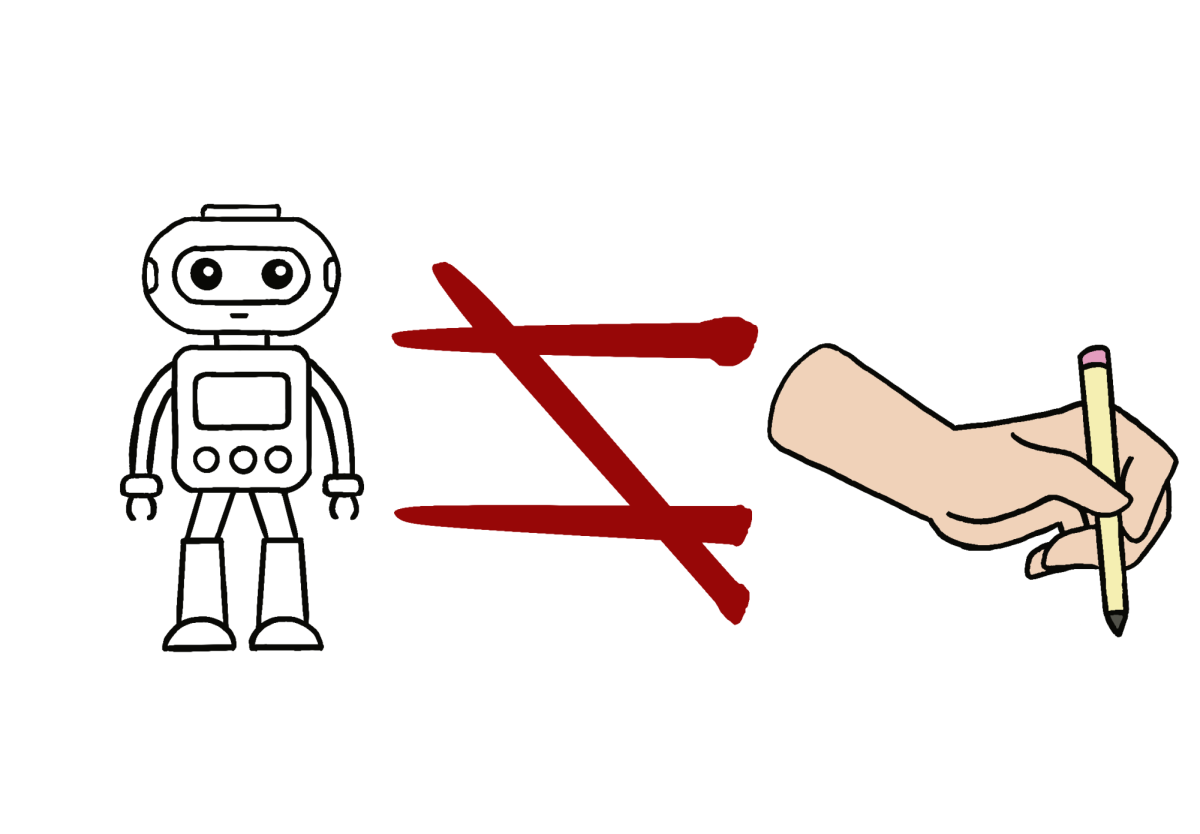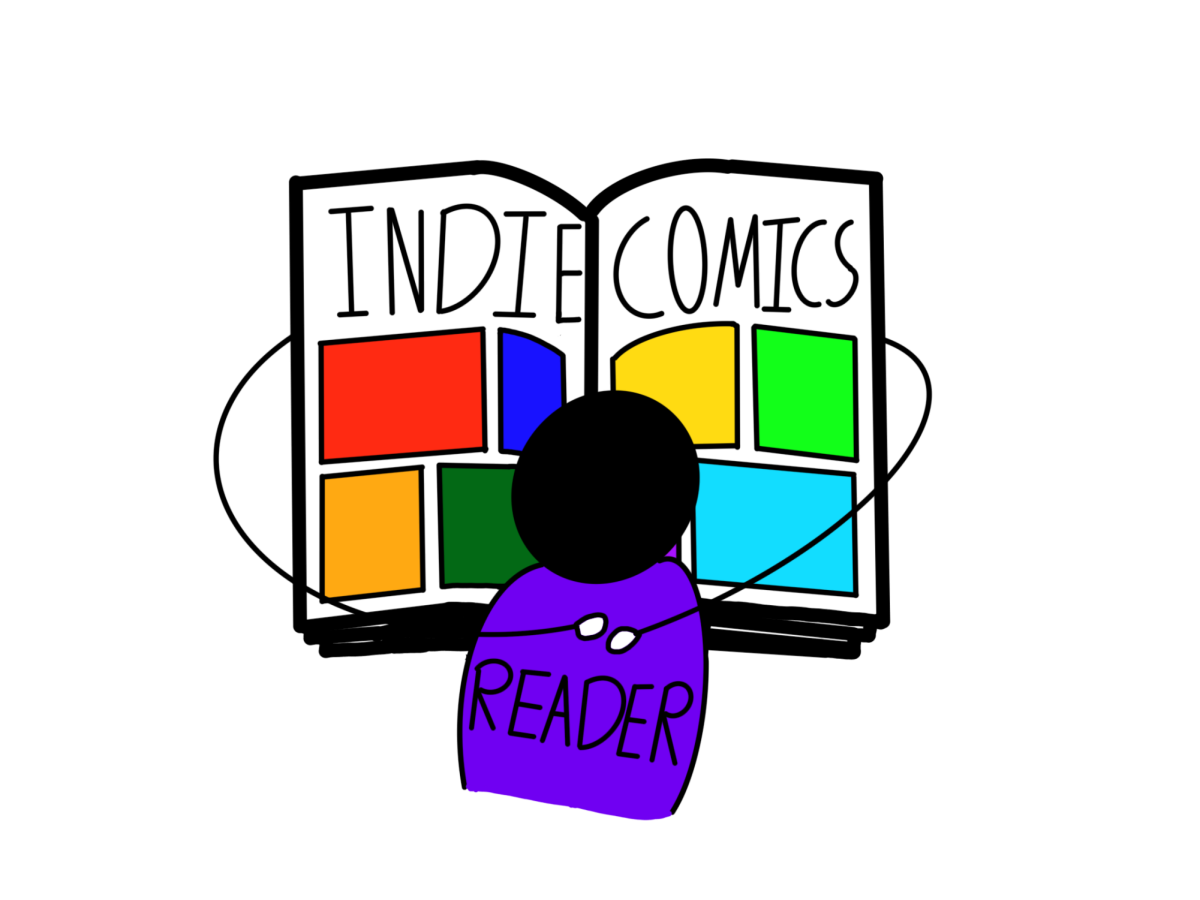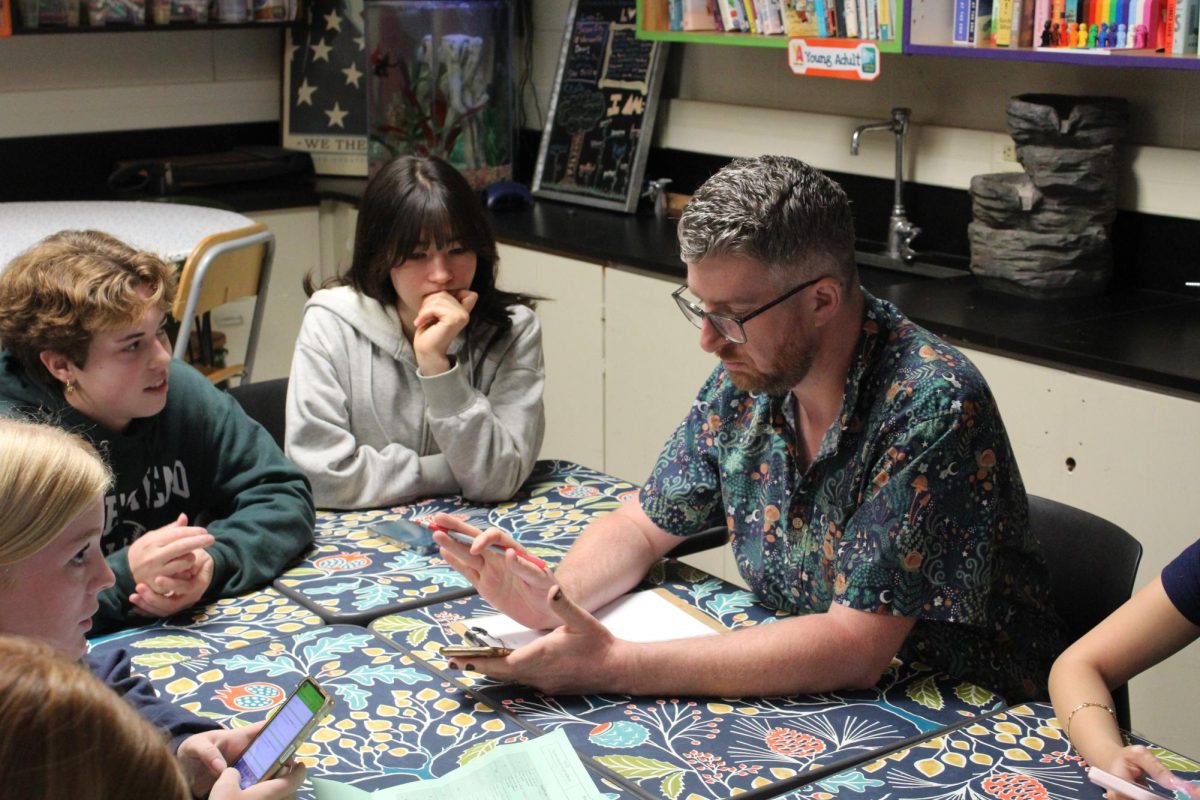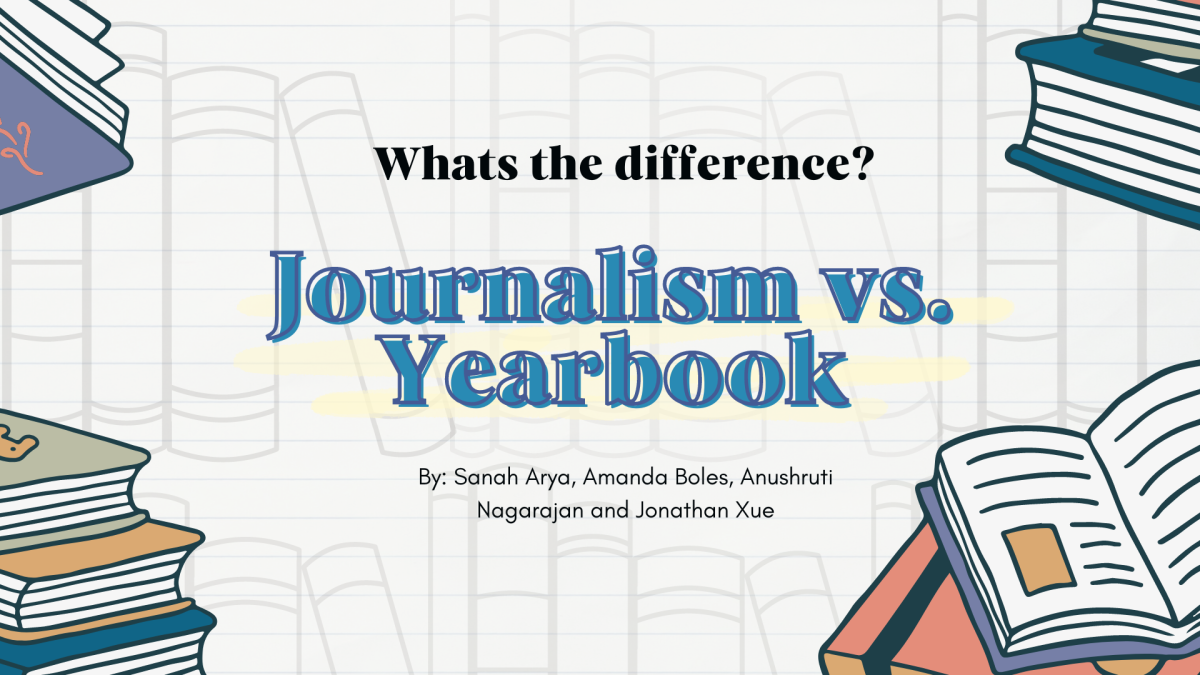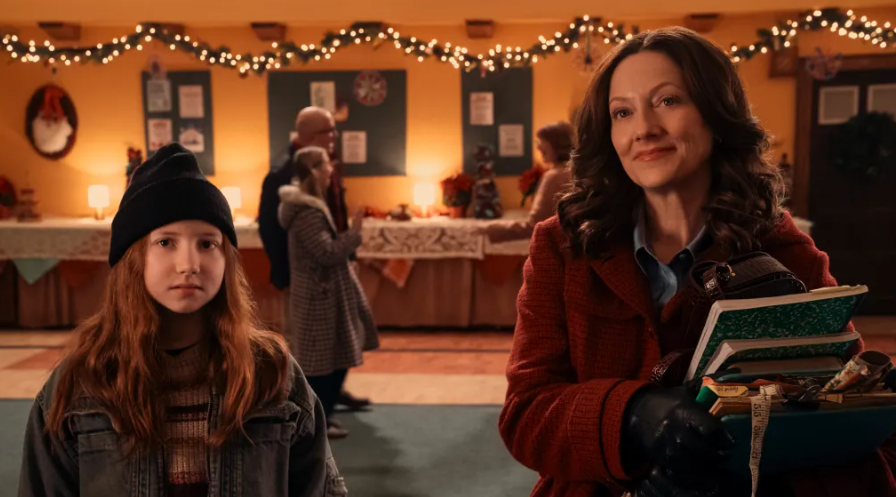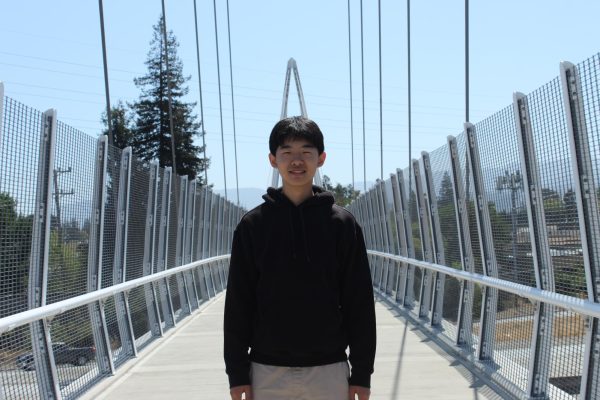When it comes to Nickelodeon characters, SpongeBob is the undisputed greatest of all time. His cheerful demeanor, constant positivity and unshakable reputation make him truly worthy of everlasting respect.
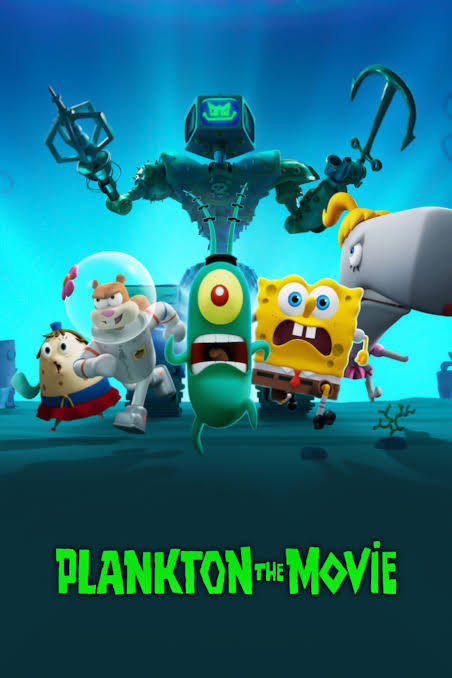
However, I have never been a fan of his nemesis, Plankton. On March 7, “Plankton: The Movie” was released on Netflix, and the 70 minutes I spent watching it destroyed my faith in the SpongeBob Cinematic Universe.
In the original show, the disgusting Plankton is constantly attempting to steal the mythical Krabby Patty secret formula, but SpongeBob and Mr. Krabs, SpongeBob’s employer, constantly find ways to stop his evil deeds.
The original Plankton’s decision-making and obsession with the secret formula had always been extremely annoying, and this movie only further aggravates me. In it, Karen leaves Plankton to take over the world after Plankton rejects her ideas, and the rest of the movie centers around a pitiful Plankton working to stop Karen’s takeover and reconcile his marriage with her.
While the movie is meant to be based around Plankton, doing so barely gives any screen time to other endearing and memorable characters. For example, SpongeBob’s only role is to serve as Plankton’s psychiatrist.
As a result, the plot focuses too much on Plankton making amends with his wife and convincing her not to take over the world. The movie’s blend of mature themes, such as marriage with reconciliation and back-to-normal ending, felt like a vast misunderstanding of the usual funny, thought-provoking comedy in “SpongeBob SquarePants.”
Another immediate issue is the animation style. After the first few frames, I quickly realized “Plankton: The Movie” diverges from the cartoonish animated show I loved into a grotesque, clay-inspired abomination.
“SpongeBob SquarePants” has never dabbled in more than two dimensions, and the departure from 2D drawings to 3D animation removes the iconic style I love.
Unfortunately, the plot is somehow worse than the animation.
“Plankton: The Movie” suffers from disconnected, drawn-out pacing, making the film feel more like three separate episodes crammed together than one continuous movie. Each section feels wholly separate from the previous section’s plot points, and these separate arcs only connect at the very end.
This forces viewers to string together the plot on their own, which is made confusing due to this awkward narrative structure.
The average SpongeBob episode is successful because it delivers a linear, easily-understood story arc in a short period of time. By using long-winded, loosely-connected pacing, “Plankton: The Movie” becomes a mentally-taxing chore, abandoning the relaxing, kid-friendly pastime the original show was loved for.
“Plankton: The Movie” is an awful departure from the SpongeBob Cinematic Universe, and I struggled to finish it. Longtime SpongeBob fans can expect to feel betrayed, appalled and thoroughly tortured after watching this criminal reinterpretation of a childhood classic.




